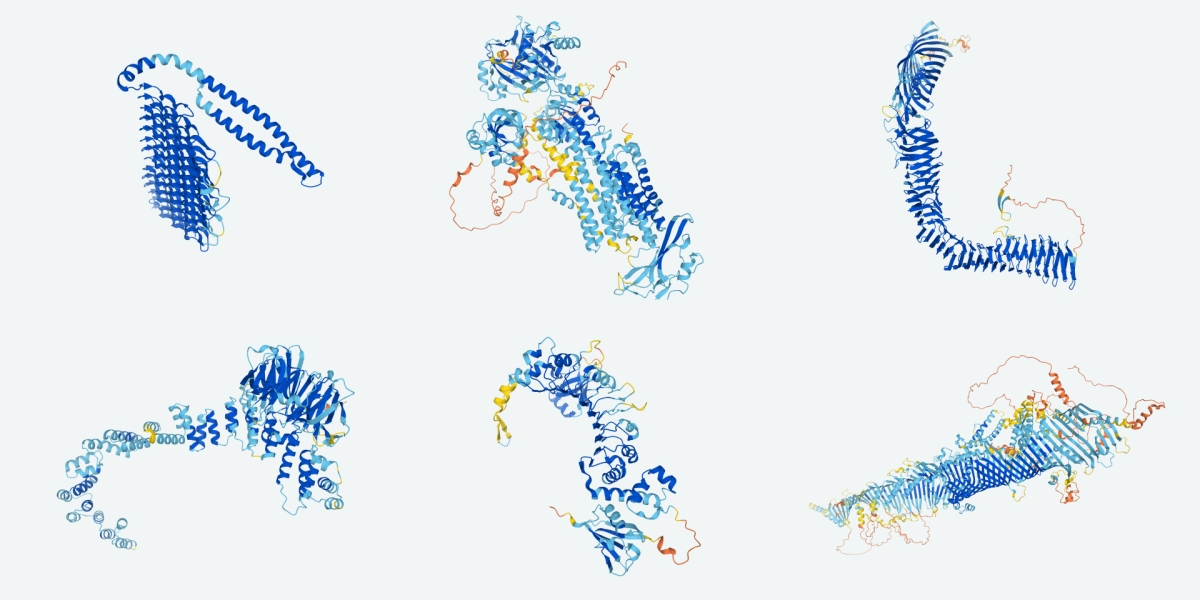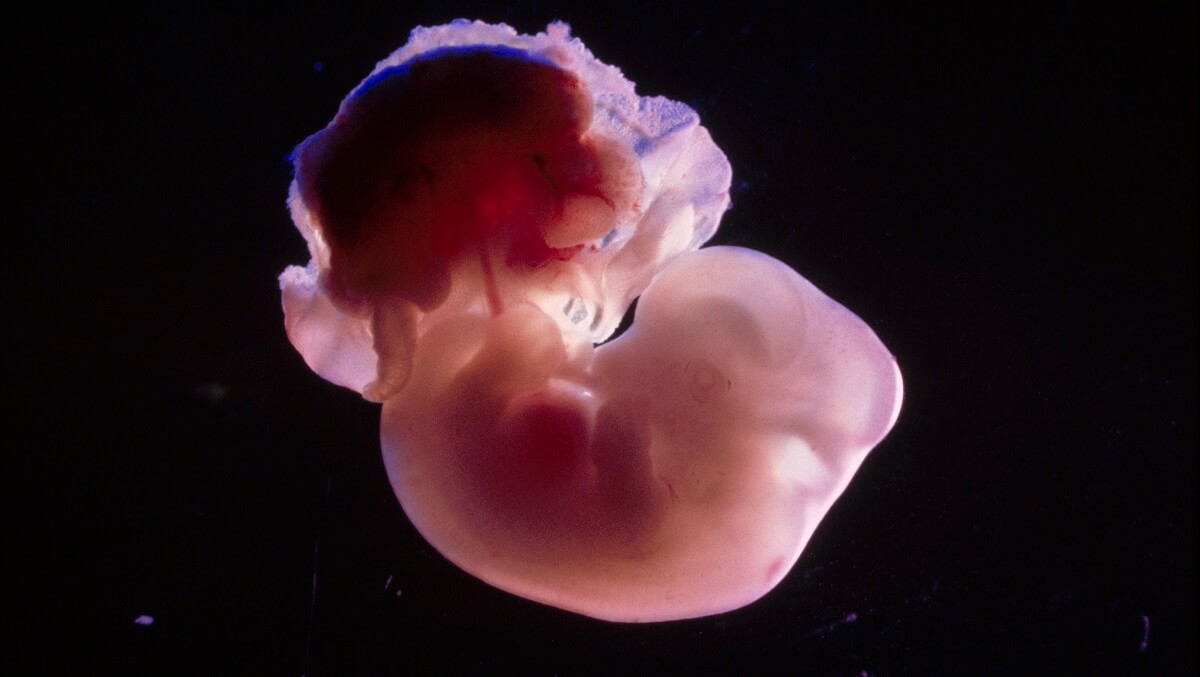
AI-Designed Antivenom Counteracts Toxins from Snakebites in Mice
Scientists led by 2024 Nobel Laureate in Chemistry David Baker, PhD, from the University of Washington (UW) School of Medicine, and Timothy Patrick Jenkins, PhD, from the Technical University of Denmark have used deep learning tools to design proteins that bind to and neutralize toxins found in the venom of deadly cobras. Details of the work are published in a Nature paper titled, “ De novo designed proteins neutralize lethal snake venom toxins .”
The study, which was done in mice, focuses on a class of snake proteins called three-finger toxins (3FTx). These highly toxic proteins are responsible for pathologies “including severe tissue damage and inhibition of nicotinic acetylcholine receptors, resulting in life-threatening neurotoxicity,” the researchers wrote in Nature . 3FTxs are often the reason for the failure of existing antivenoms based on immunized animals. Furthermore, “the only available treatments for snakebites consist of polyclonal antibodies derived from the plasma of immunized animals, which have high cost and limited efficacy against 3FTxs.”
In contrast, “the antitoxins we’ve created are easy to discover using only computational methods,” said Baker, who is also the director of UW’s Institute for Protein Design. The designed proteins “bind short-chain and long-chain α-neurotoxins and cytotoxins from the 3FTx family,” according to the paper.























